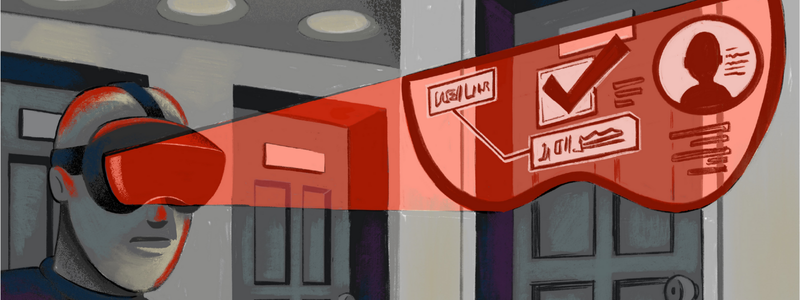Malevolent Creativity: Agentic AI and Robotic Systems as Emerging Threats
Download the Year 6 project summary.So What?
Terrorists are increasingly making use of emerging technologies and digital spaces. Especially given the emergence of artificial intelligence, researchers speculate that terrorists could take advantage of several new and rapidly developing technologies to plan attacks in novel ways.
Project Summary
This project explores how emerging technologies could be used by extremists, focusing primarily on artificial intelligence (AI) and extended/mixed reality in the metaverse. The research team, made up of experts in psychology, technology, engineering, and design, aims to understand how these technologies shape terrorists’ creative thinking.
Purpose/Objectives
The goal of this project is to better understand how these new technologies shape the actions of terrorists so that decision makers in national security can develop strategies to prevent violent attacks. This project will also provide meaningful developmental opportunities for undergraduate and graduate students, exposing them to the work of the homeland security enterprise.
Method
This project will include two major components:
- A systematic literature review and supplemental analysis of AI, gaming, and the metaverse
- Experiments around creativity and ideation with AI and metaverse technologies. These experiments will look at individual differences (such as personality) and malevolent ideation, as well as how VR and AR shapes collaborations around malevolent ideation, planning, and execution.
Outputs and Impact
- Presentations
- Reports
- One-pagers
- Briefings as requested
Reports and Publications
Examining Artificial Intelligence and Its Role in Malevolent Creativity and Innovation: How AI Can Enhance Novel Threats and AttacksThis report attempts to briefly summarize for the homeland security enterprise how terrorists could use generative AI.
Pixels and Propaganda: A Primer on Gaming, Gaming-Adjacent Platforms, and ExtremismThis report addresses the intersection of gaming and artificial intelligence with extremism, raising complex challenges that demand careful consideration.
The Metaverse as a Future Threat Landscape: An Interdisciplinary PerspectiveThis peer-reviewed report attempts to provide insight into the concept of "metaverse" and its potential use in extremist activity.
Research Team
Samuel Hunter, Ph.D.- Head of Strategic Operations at NCITE
- University of Nebraska at Omaha | Professor
- Department of Psychology
- Expertise: Malevolent creativity, leadership in organizations, creativity and innovation in organizations
- Head of IS&T Research Initiatives at NCITE
- University of Nebraska at Omaha | Assistant Professor
- School of Interdisciplinary Informatics
- Expertise: Collaboration technologies, decision support systems
Publications
- Malevolent Creativity as Parochial Altruism? Examining the Intergroup Bases of New and Harmful Ideas
- Creativity Training Needs Assessment for Homeland Security Enterprise: A Case for Creative Thinking
- Target Personification Influences the Positive Emotional Link Between Generating and Implementing Malevolently Creative Ideas
